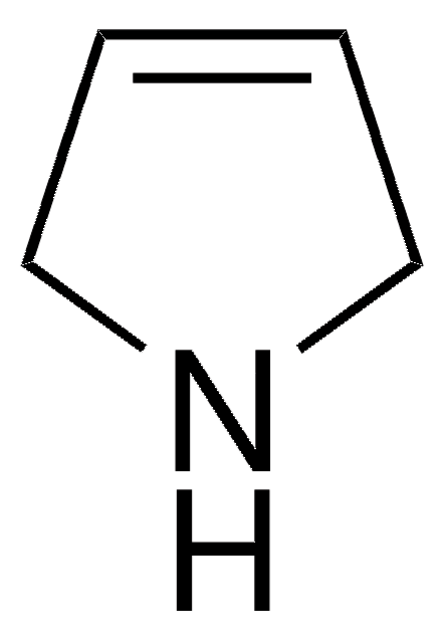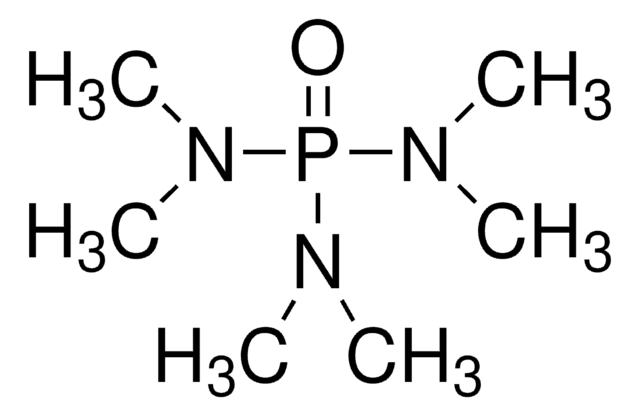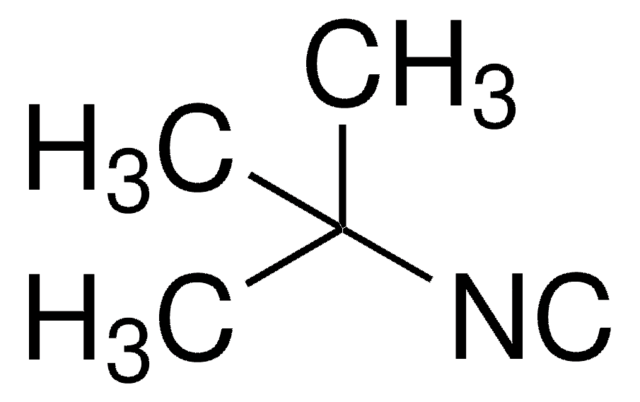409340
Samarium(II) iodide
anhydrous, powder, ≥99.9% trace metals basis
Synonym(s):
Samarium diiodide
About This Item
Recommended Products
grade
anhydrous
Quality Level
Assay
≥99.9% trace metals basis
form
powder
reaction suitability
reagent type: catalyst
core: samarium
reagent type: reductant
impurities
≤1000.0 ppm Trace Rare Earth Analysis
SMILES string
I[Sm]I
InChI
1S/2HI.Sm/h2*1H;/q;;+2/p-2
InChI key
UAWABSHMGXMCRK-UHFFFAOYSA-L
Application
accessory
Storage Class Code
11 - Combustible Solids
WGK
WGK 3
Flash Point(F)
Not applicable
Flash Point(C)
Not applicable
Personal Protective Equipment
Choose from one of the most recent versions:
Already Own This Product?
Find documentation for the products that you have recently purchased in the Document Library.
Articles
An article regarding Leighton’s Chiral Allylation Reagents.
The rare earth elements impact nearly everyone in the world. All of the people living in advanced technological countries and almost all those living in third world countries utilize the rare earths in their everyday living—the car that one drives (gasoline is refined from oil using rare earth catalysts and catalytic converters reduce the polluting emissions from the automotive exhaust), watching the news on TV (the red and green colors in TV screens), the telephones and computers we use to communicate (the permanent magnets in speakers and disc drives), just to name a few examples.
Our team of scientists has experience in all areas of research including Life Science, Material Science, Chemical Synthesis, Chromatography, Analytical and many others.
Contact Technical Service






